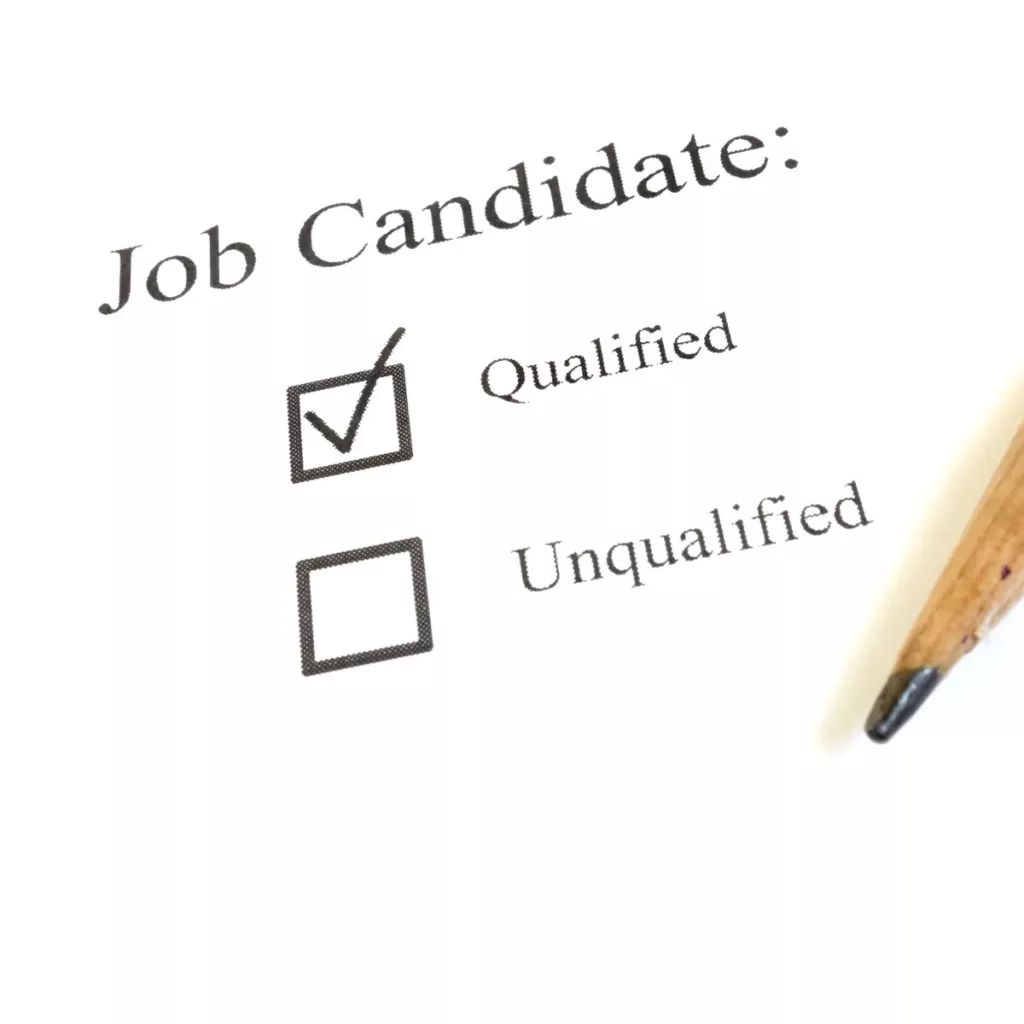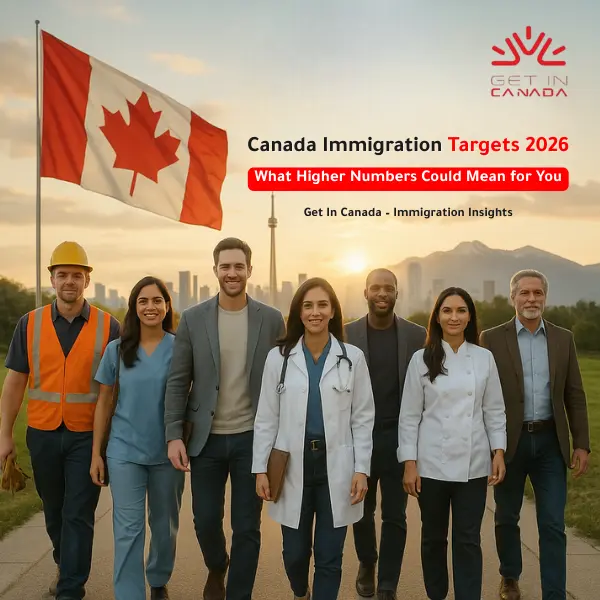Bridging Open Work permits qualifications for applicants
Bridging open work permits (BOWPs) are for foreign workers who wish to work in Canadian territory while waiting for their PR application to be processed.
If there were no BOWP, foreign nationals, together with their spouses, common-law partners, and dependents, would have to leave Canada for some time and remain in the country as temporary visitors; thus, they would have to stop working or find an employer who could apply for an LMIA.
Note: While the BOWP may be a type of open work permit, work permits that allow the holder to work for any employer but need an LMIA differ from an open work permit. This is because open work permits (OWPs) entitle the holder to work for any employer in any occupation in Canada.

Who qualifies for a Bridging Open Work Permit (BOWP)?
To qualify for a BOWP, foreign nationals must:
1. Be in Canada:
The subject of the application must be physically present in Canada in compliance with the temporary residence status granted to them.
2. Hold Valid Status:
- Employees must possess a valid work permit.
- He or she has retained identity and permission to work after applying for renewal of the work permit.
- Be able to regain their temporary residency.
3. Have Submitted a PR application:
- Applied under one of the following economic immigration programs:
- Express Entry: The Federal Skilled Worker Program (FSWP), is a selection factor for the program.
- Express Entry: Programs with a path to PR include the Canadian Experience Class (CEC), etc.
- Express Entry: Federal Skilled Trades Program (FSTP).
- Provincial Nominee Programs.
- Quebec Skilled Worker Program also known as Programme de sélection des expériences Québec.
- Agri-Food Pilot Program.
- Caring for Children Class or Caring for People with High Medical Needs Class.
4. Complete specific APR stages:
- Express Entry: eAPR stands for Electronic Application for Permanent Residence to qualify, which under Section 10 of the Immigration and Refugee Protection Regulations has gone through a completeness check.
- QSW Program: has received approval for the completeness check from the provisions of Section 10 of the IRPR.
- All other BOWP-eligible programs: The candidate has a positive eligibility status on the APR they provided.
Note: Persons physically present in TR status but eligible for restoration have to hold the means to work on a work permit.
Find out if you are eligible to get in Canada →
Can other members of the BOWP holder’s family get an open work permit?
Open work permits (OWPs) for family members vary according to the relationship between the family members and the BOWP holder.
Spouse or Common-Law Partner
A spouse or common-law partner may qualify for an OWP if the BOWP holder meets these criteria:
- Currently possesses a valid work permit or is exempt from needing one to work in the country of Canada.
- Has permission to work in the country for at least six months from the date that the SOWP application is received.
- Currently living in Canada or works or intends to while working in Canada.
- Is in a valid marriage or living together with a person of the opposite sex in a conjugal partnership outside marriage.
- Is employed in one of the following ways:
- Employed in an National Occupation Classification (NOC) Skill Level 0, A, or B occupation.
- If the applicant is applying under the Atlantic Immigration Pilot, he or she must be working in an NOC 0, A, B, or C occupation.
Dependent Children
This means that children below the working age and who live with a BOWP holder cannot be issued an OWP. They need to acquire a work permit either by going through the Labour Market Impact Assessment (LMIA) procedure or by falling under the exempt LMIA categories.
Employment Status of BOWP Applicants about the Location Requirements
As for the general characteristics accompanying OWPs and BOWPs, the former does not limit the employee’s freedom of choosing an employer and making changes to the work permit, whereas the latter designates certain restrictions to the employment locations in certain circumstances.
PNP Applicants
Generally, for applicants under any province or territory PNP wishing to apply for BOWP, the IRCC demands that the employment offered be situated in the nominating province.
Quebec Applicants
The applicants who fall under the Quebec Skilled Worker (QSW) program must provide the province of Quebec as the intended place of work to be eligible for a BOWP.
Therefore, understanding the requirements for the BOWPs is significant for foreign nationals who wish to continue working in Canada while waiting for decisions on their PR applications. BOWPs are a way to ensure that a person can keep on going to work and make a living, thus having some stability during this often long process of immigration. Understanding the various specifications concerning the current status of the applicant, and PR application status, among other conditions that relate to the specific program, such as provincial nomination, serves to help the applicant optimize this opportunity. Thus, by meeting these requirements, the applicants provide for their employment rights and consistently work towards the overall goal of receiving Canadian permanent residency.











